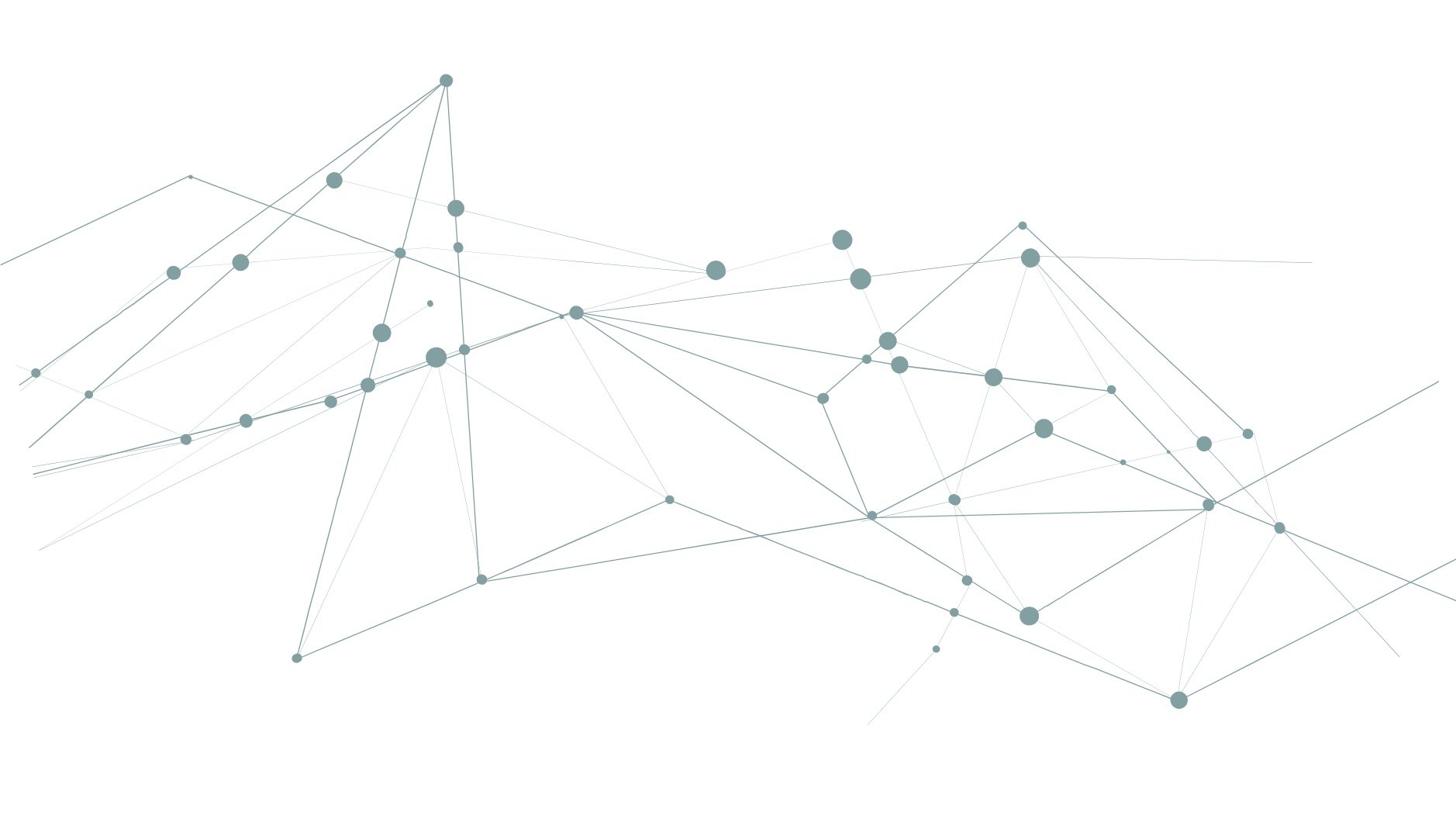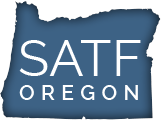Our Impact.
Oregon SATF has over twenty years of experience convening, connecting, and supporting Oregonians in their efforts to prevent and respond to sexual violence.
Our unique agency structure (part programmatic, part collaborative advisory task force committee that guides our efforts to help improve the response to and prevention of sexual violence in Oregon) allows Oregon SATF to cultivate multi-disciplinary relationships that support the continued progression of anti-violence work in our state and beyond.
Read on to learn more about our annual impact, partnerships, and our rich history seeking creative solutions to end violence in our state.
Hear what our community is saying about Oregon SATF

“They (SATF) have their finger on the pulse of who is providing services, so they can connect people to that resource, whether they’re systems folks, advocates or community members. They have a huge reach.”
Renee Kim, Founding Member
“Making space for process is important. It’s relationship building. I really appreciate that we center the voices of the people doing the work in communities in all that we do.”
Meg Foster, Oregon SATF Prevention Coordinator
“They have created a culture that respects and allows for all opinions . . . the fact that partners continue to stay at the table for multiple years speaks to their ability to foster that culture.”
Kim Kennedy, Oregon DOJ, Crime Victim + Survivor Services Division
Oregon SATF by the numbers
2017 Year in Review
Transforming Place and Space
Transforming Place and Space
Oregon SATF recently celebrated our 20-year anniversary! Read more about the impact of Oregon SATF over the years in “Transforming Place and Space: The Oregon Sexual Assault Task Force - A 20-year Retrospective”. This report was compiled by the Center for the Prevention of Abuse and Neglect.
This report summarizes key findings of the SATF 20-Year Retrospective Project, an effort to document the history and impact of the Task Force since its formative Summit in 1999. This report occurred within the context of The Bridge Project, funded by The Ford Family Foundation.

